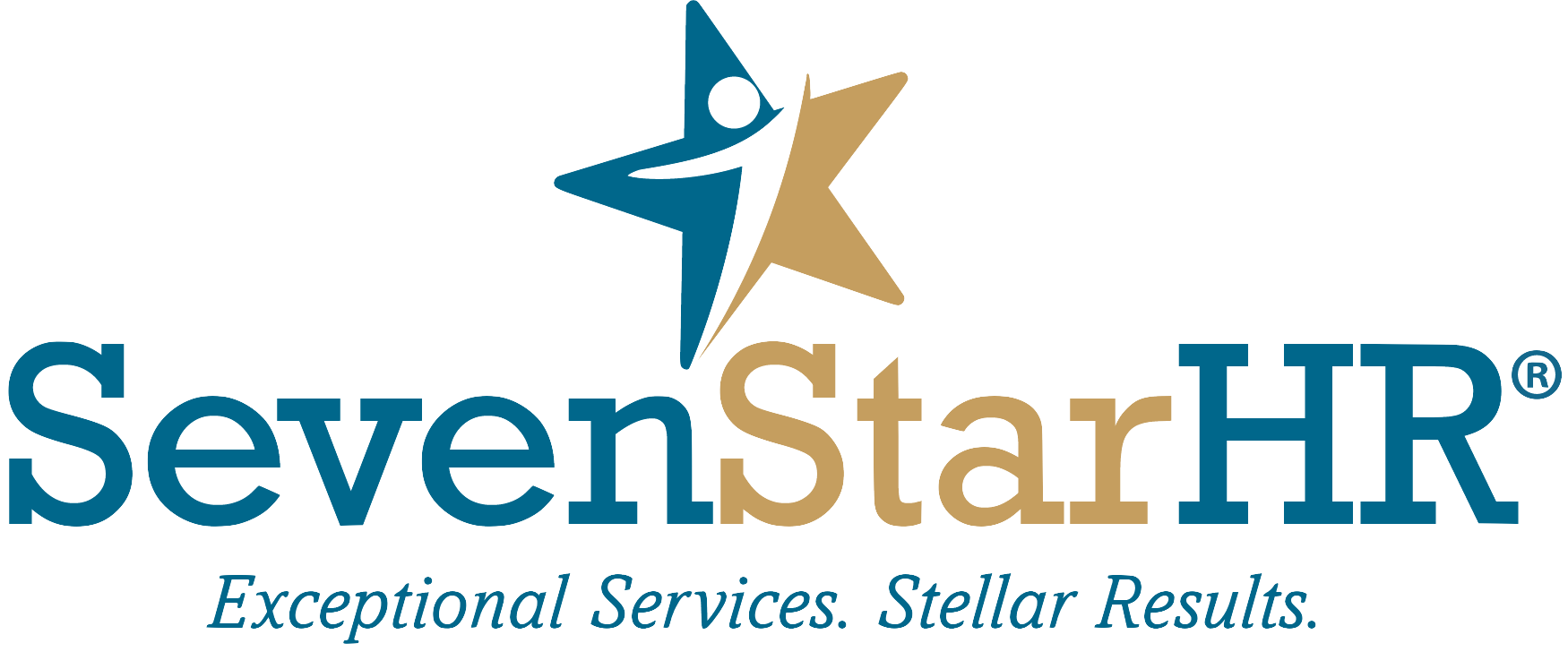Updated EEOC COVID-19 Guidance on Religious Objections to Vaccine Mandates
As more and more employers roll out mandatory COVID-19 vaccination policies, there has been a corresponding increase in requests for religious accommodations. In response, the U.S. Equal Employment Opportunity Commission (EEOC) has issued updated guidance on how employers should handle religious objections to COVID-19 vaccine mandates.
Photo by Maksim Goncharenok from Pexels
Mandatory vaccination policies are legal so long as employers make reasonable accommodations under the Americans with Disabilities Act for those who object to vaccination on the basis of disability, and religious accommodations under Title VII for those who object on the basis of a sincerely held religious belief. As there are relatively few medical conditions that would prevent a person from being vaccinated against COVID-19, religious accommodation requests form the majority of accommodation requests from employees.
The EEOC’s newly updated Technical Assistance provides needed guidance for employers. Here are some of the key takeaways for employers:
Employees must request accommodation. Employees must tell their employer if they are requesting an exception to a COVID-19 vaccination requirement because of a conflict between that requirement and their sincerely held religious beliefs, practices, or observances. The EEOC recommends employers provide guidance on how to do this.
Employers have the right to request additional information. If an employer has an objective basis for questioning either the religious nature or the sincerity of a particular belief, the employer would be justified in making a limited factual inquiry and seeking additional supporting information.
Religious accommodations may be denied if “undue hardship” is demonstrated. If an employer demonstrates that it is unable to reasonably accommodate an employee’s religious belief without an “undue hardship” on its operations, then Title VII does not require the employer to provide the accommodation. Examples include instances where religious accommodation would impair workplace safety, diminish efficiency in other jobs, or cause coworkers to carry the accommodated employee’s share of potentially hazardous or burdensome work. The employer may take into account the cumulative cost or burden of granting accommodations; not just monetary costs, but also the overall burden on the business, such as the risk of spread of COVID-19 to other employees or the wider public.
Requests for a religious exemption are to be considered on a case-by-case basis. Granting one request for religious accommodation does not mean that all requests should be automatically approved.
Political and personal beliefs do not qualify as a “religion.” Title VII does not protect social, political, or economic views, or personal preferences. Likewise, personal views regarding the safety of vaccines that are not based on religion do not qualify.
An employer does not have to provide an employee’s preferred accommodation if another accommodation is also effective. If more than one accommodation would be effective in eliminating the religious conflict, the employer should consider the employee’s preference but is not obligated to provide the reasonable accommodation preferred by the employee.
The employer can reconsider religious accommodations. Employees’ religious beliefs and practices may evolve or change over time and may result in requests for additional or different religious accommodations. Similarly, an employer has the right to discontinue a previously granted accommodation if it is no longer utilized for religious purposes, or if a provided accommodation subsequently poses an undue hardship on the employer’s operations due to changed circumstances.
EEOC Model Form. The EEOC has provided its own Religious Accommodation Request Form used by the agency as an example for employers.
You should handle requests for religious accommodations in the context of COVID-19 vaccination policies with care.

